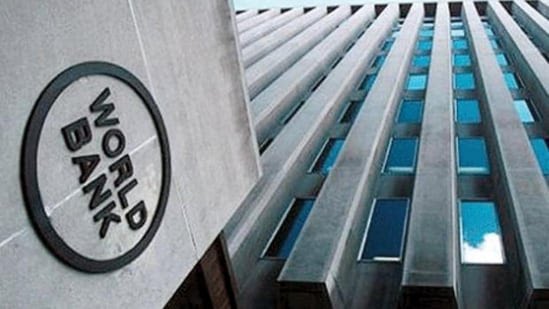Food that can help with your blood sugar, during Ramadan
February 20, 2026PAG Felicitates Muslims on Commencement of Ramadan Fast
February 18, 2026Nigeria’s inflation rate expected to hit 25% – World Bank
Nigeria’s inflation rate expected to hit 25% – World Bank

The World Bank has hinted that Nigeria’s inflation rate will go as high as 25 percent this year due to the decision of the Federal Government to end the expensive payment of subsidy on fuel.
The World Bank predicted in January 2022 that Nigeria might have one of the highest inflation rates in the world and the seventh highest in Sub-Saharan Africa.
In its June 2023 edition of the Nigeria Development Update, the financial institution said inflation would be driven by a hike in prices of commodities in response to the increase in fuel prices.
The removal of subsidy on petrol by the Nigerian authorities in June pushed the prices of the commodity across the country from N189 to more than N500 per litre.
The World Bank stated that the strong impact of subsidy removal on prices would fade in the first quarter of 2024.
The report read: “The removal of the petrol subsidy is anticipated to cause a temporary increase in inflation in the upcoming months before contributing to disinflation in the medium term.
“The price increases resulting from the subsidy removal will have a one-time impact on prices, primarily affecting petrol purchases for transportation, power generation, and certain services.
“Headline inflation is expected to rise from 18.8 percent in 2022 to 25 percent in 2023. However, by Q1 of 2024, the subsidy removal will start to have a disinflationary effect, meaning that it will alleviate inflationary pressures despite higher petrol prices.”
“This is because the subsidy removal creates additional fiscal space and reduces reliance on financing from the CBN, curbing the growth of the money supply.
“To limit the risk of so-called second-round effects, where one-off price increases trigger more generalized inflation including through wage-price spirals, it will be important to adopt macro-fiscal policy settings that are conducive to price stability,” it added.
i-News Nigeria earlier reported that President Bola Ahmed Tinubu announced the end to the payment of subsidy in his inaugural address at Eagle Square in Abuja.
The current 2023 budget includes funding for fuel subsidies through June.
Subsidy payments, according to Mr Tinubu, will be redirected to other purposes like public infrastructure, education, health care, and job creation.








